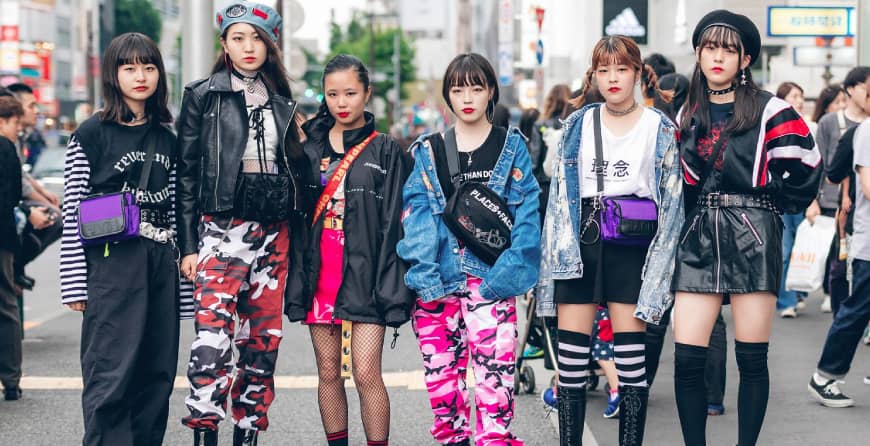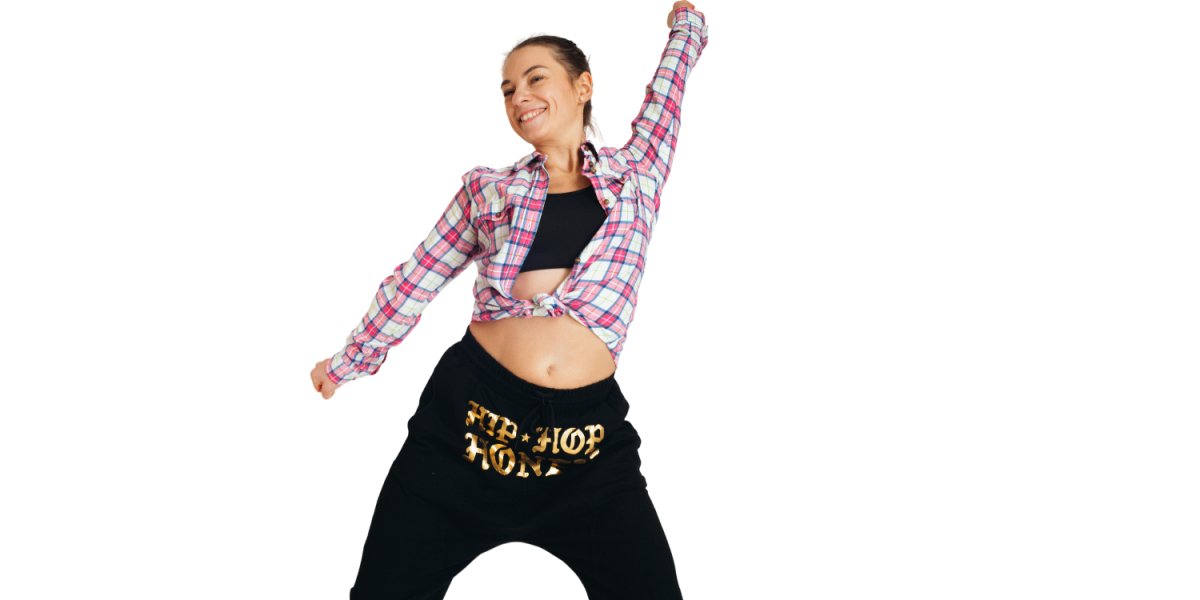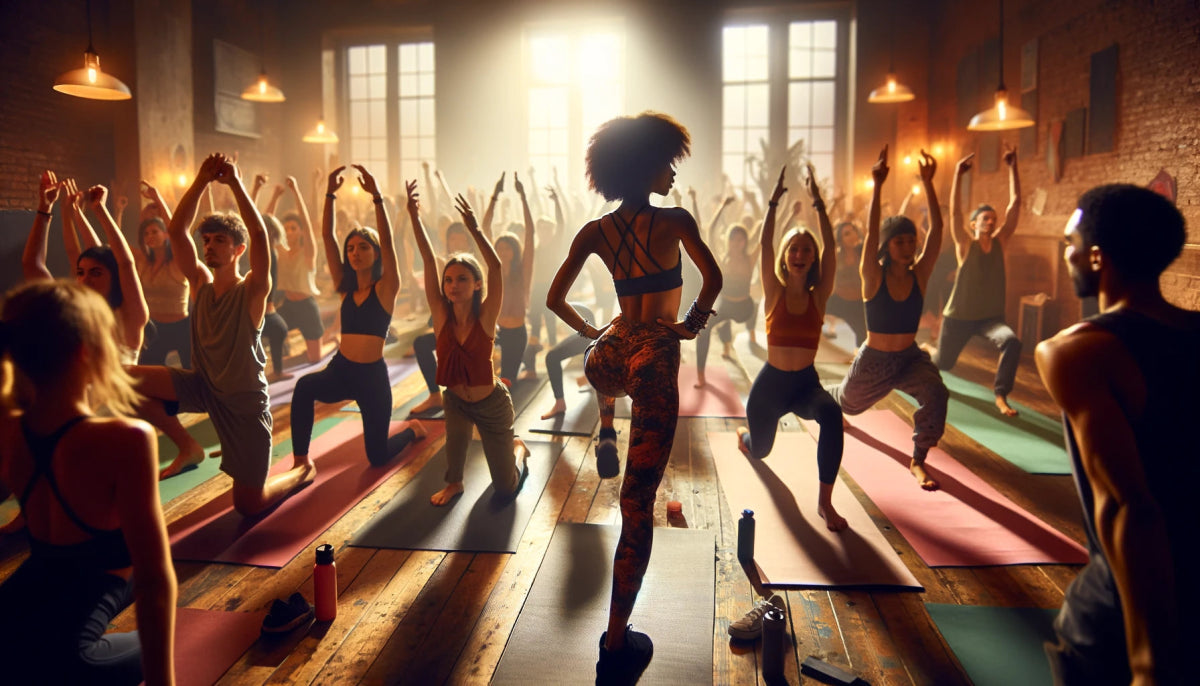The Art of Self-Expression: Exploring the Similarities of Harajuku Style and American Hip Hop

The Art of Self-Expression: Exploring the Similarities of Harajuku Style and American Hip Hop
Introduction
Fashion is a powerful form of self-expression that transcends cultural boundaries. Two seemingly disparate styles, Harajuku and American Hip Hop, have gained worldwide recognition for their unique and influential aesthetics. While they originate from different corners of the globe, these styles share surprising similarities that reflect the universal need for self-expression and creativity. In this blog post, we'll delve into the fascinating commonalities between Harajuku style and American Hip Hop culture.
1. Bold and Unapologetic Self-Expression
One of the most striking similarities between Harajuku style and American Hip Hop is their commitment to unapologetic self-expression. Both subcultures encourage individuals to break free from societal norms and embrace their unique identities through fashion and music.
Harajuku fashionistas are known for their fearless mix of colors, patterns, and accessories. They create avant-garde looks that blend various fashion elements, often challenging conventional ideas of beauty and fashion. Similarly, American Hip Hop artists use their music, lyrics, and fashion choices to convey messages about identity, social issues, and personal experiences. Both Harajuku style and Hip Hop culture celebrate the power of individuality and the rejection of conformity.
2. Eclectic Mix of Influences
Both Harajuku style and American Hip Hop are eclectic in nature, drawing inspiration from a wide range of sources. Harajuku fashion borrows elements from Japanese pop culture, traditional clothing, Western fashion trends, and even anime. This mix of influences allows individuals to create entirely unique and personalized looks.
American Hip Hop, on the other hand, is a melting pot of musical genres, including funk, soul, jazz, and rock. Hip Hop artists often sample music from various genres, remixing and reshaping it to create something entirely new. Just like Harajuku fashion, Hip Hop music embodies a spirit of eclecticism, reflecting the diverse backgrounds and experiences of the artists.
3. Street Culture and DIY Ethos
Both subcultures are deeply rooted in street culture and embrace a do-it-yourself (DIY) ethos. Harajuku fashion emerged from Tokyo's bustling streets, where individuals turned everyday fashion into a form of art. It's common for Harajuku fashion enthusiasts to create their own clothing pieces, accessories, and even collaborate with local designers to produce unique items.
Similarly, American Hip Hop has its origins in the streets of New York City's boroughs. Early Hip Hop artists used turntables, beatboxing, and graffiti as their creative outlets, often making do with limited resources. The DIY spirit of Hip Hop extended to fashion, where artists would customize clothing to express their individuality and represent their neighborhoods.
4. Influence on Mainstream Culture
Despite their subcultural origins, both Harajuku style and American Hip Hop have significantly impacted mainstream culture worldwide. Elements of Harajuku fashion, such as kawaii (cute) aesthetics and cosplay, have found their way into global fashion trends. Major fashion designers have incorporated Harajuku-inspired elements into their collections, showcasing the style's enduring influence.
American Hip Hop, too, has permeated mainstream culture, influencing not only music but also fashion, art, and language. Hip Hop's influence on fashion can be seen in streetwear brands like Supreme and Off-White, which have gained global recognition. The music genre has also played a pivotal role in shaping conversations around social justice, race, and identity.
Conclusion
In conclusion, the seemingly disparate worlds of Harajuku style and American Hip Hop share striking similarities that emphasize the universal human desire for self-expression and creativity. Both subcultures celebrate individuality, draw inspiration from diverse sources, embrace a DIY ethos, and have made a lasting impact on mainstream culture.
Ultimately, whether you're exploring the vibrant streets of Tokyo's Harajuku district or immersing yourself in the beats of American Hip Hop, you're witnessing the power of art and self-expression in all their glorious forms. These cultural phenomena remind us that, despite our differences, we are all united by our innate need to express ourselves and tell our stories through fashion and music.
More Articles
Subscribe to our RSS Feed for the Latest Posts!







